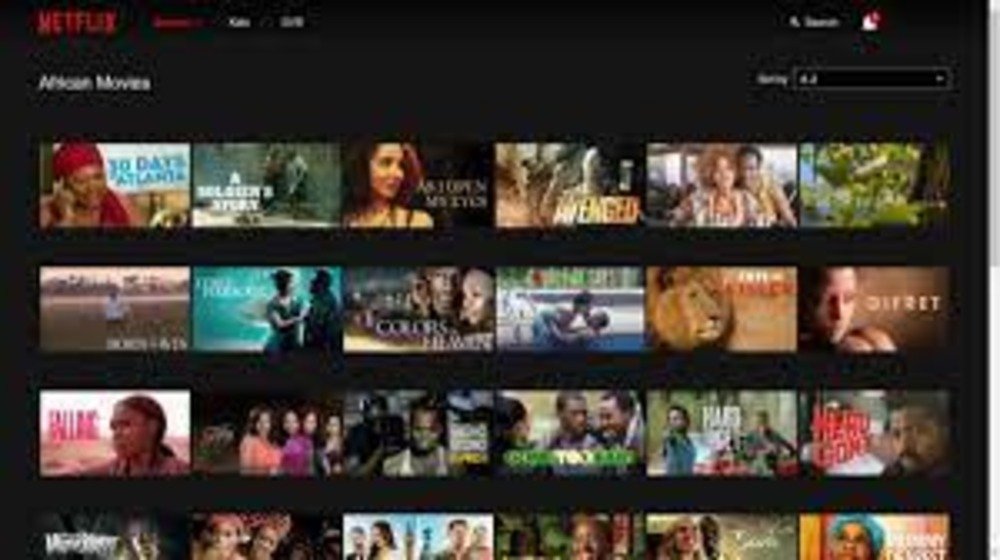In recent years, the landscape of television viewing has evolved dramatically. With the rise of Internet Protocol Television (USA IPTV), many consumers are questioning whether it is a better option than traditional cable. This article delves into the key differences between IPTV and cable, exploring their pros and cons to help you make an informed choice.
What is IPTV?
IPTV stands for Internet Protocol Television. It delivers television content over the Internet rather than through traditional terrestrial, satellite, or cable formats. IPTV services often come with on-demand viewing, allowing users to watch shows and movies whenever they want. Popular IPTV services in the USA include Hulu Live, YouTube TV, and Sling TV.
Key Features of IPTV
- On-Demand Content: Viewers can access a library of shows and movies anytime.
- Live TV: Many IPTV services offer live broadcasts of popular channels.
- Multiple Device Support: IPTV can be accessed on various devices, including smartphones, tablets, smart TVs, and computers.
- Flexible Subscription Plans: Many providers offer customizable plans that allow users to select the channels they want.
What is Cable TV?
Cable TV is a traditional method of delivering television programming through coaxial or fiber-optic cables. Users pay a monthly subscription fee to access a set of channels, typically including local networks, cable networks, and premium channels.
Key Features of Cable TV
- Stability: Cable TV generally provides a stable connection with minimal buffering.
- Comprehensive Channel Selection: Most cable packages include a wide range of channels, including local, national, and international options.
- Bundled Services: Many cable companies offer bundled services, including internet and phone services.
- Reliability: Cable TV doesn’t depend on an internet connection, making it reliable during outages.
Cost Comparison
IPTV Costs
The cost of IPTV services can vary widely. Basic packages start as low as $20 per month, while premium packages can reach $70 or more. Many IPTV services also offer free trials, allowing users to explore their offerings before committing.
Cable Costs
Cable packages can be significantly more expensive, often ranging from $50 to $150 per month. Additionally, hidden fees for equipment rentals, installation, and service charges can inflate the overall cost.
Conclusion on Costs
If you are looking for a more budget-friendly option, IPTV often provides better value. However, the final decision should consider what channels you want and your viewing habits.
Channel Selection
IPTV Channel Selection
IPTV services typically offer a la carte channel options, allowing users to select only the channels they want. This flexibility can be appealing for those who don’t watch a wide variety of channels.
Cable Channel Selection
Cable packages usually come with a set group of channels, and it can be challenging to customize your selection. While they often provide comprehensive channel lists, you may end up paying for channels you don’t watch.
Conclusion on Channel Selection
If customization is important to you, IPTV might be the better choice. However, if you prefer having a wide variety of channels available, cable could be the way to go.
Quality of Service
IPTV Quality
The quality of IPTV can be influenced by your internet speed and stability. While many providers offer high-definition (HD) streaming, slow internet can lead to buffering and poor quality.
Cable Quality
Cable TV typically offers a more consistent viewing experience with fewer disruptions. Because it doesn’t rely on internet connectivity, cable generally provides a stable signal and clear picture.
Conclusion on Quality of Service
For reliability and consistency, cable may have the edge. However, with a strong internet connection, IPTV can deliver excellent quality.
User Experience
IPTV User Experience
Most IPTV services have user-friendly interfaces and are designed for easy navigation. Features like cloud DVR, pause and rewind capabilities, and personalized recommendations enhance the viewing experience.
Cable User Experience
Cable TV interfaces can be less intuitive, and the navigation may feel outdated compared to modern streaming services. However, many users appreciate the straightforwardness of traditional remotes.
Conclusion on User Experience
If you value an intuitive and modern interface, IPTV may be more appealing. On the other hand, cable may be easier for those who prefer traditional setups.
Internet Dependency
IPTV and Internet Dependency
IPTV relies entirely on internet connectivity. This means if your internet goes down, so does your TV service. Additionally, a high-speed internet connection is required to enjoy HD streaming without interruptions.
Cable and Internet Dependency
Cable TV does not require an internet connection, making it more reliable during service outages. You can continue watching television even when your internet service is disrupted.
Conclusion on Internet Dependency
If you live in an area with unreliable internet, cable may be a safer choice. However, if you have access to high-speed internet, IPTV could offer greater flexibility.
Installation and Setup
IPTV Installation
Setting up IPTV is typically straightforward. Most services only require a subscription, an internet connection, and a compatible device. Some platforms may offer apps that can be downloaded onto smart TVs or streaming devices.
Cable Installation
Cable installation can be more complex, often requiring a technician to come to your home. You may also need to rent a cable box, which can add to the monthly costs.
Conclusion on Installation and Setup
IPTV is generally easier and quicker to set up. If convenience is a priority, IPTV may be the better option.
Customer Support
IPTV Customer Support
IPTV services often provide online support, FAQs, and community forums. However, response times can vary, and some users report difficulties in reaching customer service representatives.
Cable Customer Support
Most cable companies offer 24/7 customer support through various channels, including phone, chat, and in-person assistance. However, experiences can vary based on the provider.
Conclusion on Customer Support
For reliable customer support, cable may have an advantage. However, if you’re tech-savvy, you might find sufficient help with IPTV’s online resources.
Conclusion: Which Is Better?
The choice between IPTV and cable ultimately depends on your preferences and viewing habits. Here’s a quick summary to help you decide:
- Choose IPTV if:
- You prefer on-demand content and flexible subscription plans.
- You want to customize your channel selection.
- You have a reliable high-speed internet connection.
- You enjoy modern interfaces and user-friendly experiences.
- Choose Cable if:
- You prefer a wide variety of channels without customization.
- You want a reliable service with fewer disruptions.
- You don’t have access to a strong internet connection.
- You value traditional customer support options.
Ultimately, both IPTV and cable have their merits and drawbacks. Evaluating your needs, budget, and preferences will help you make the best choice for your television viewing experience.



